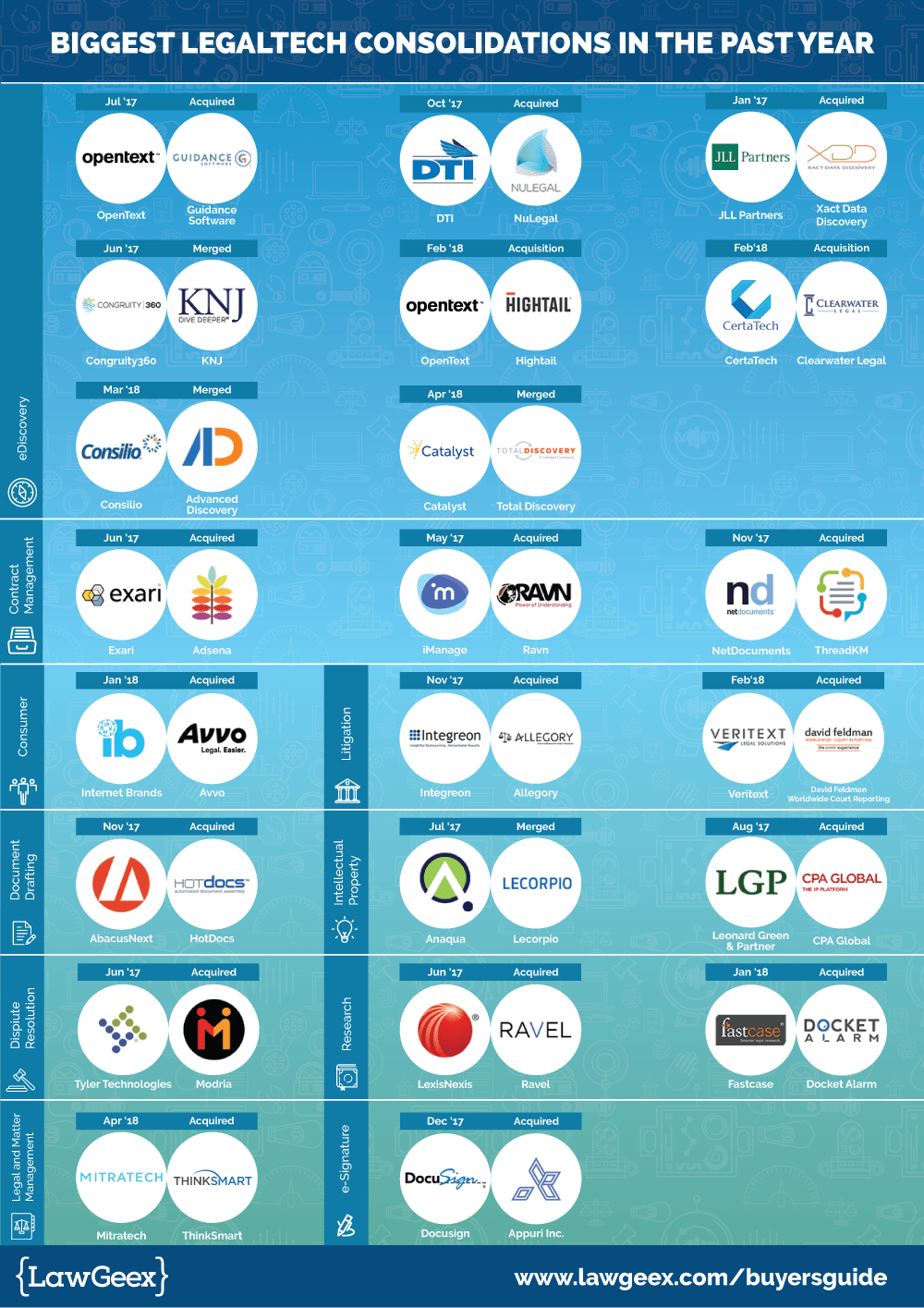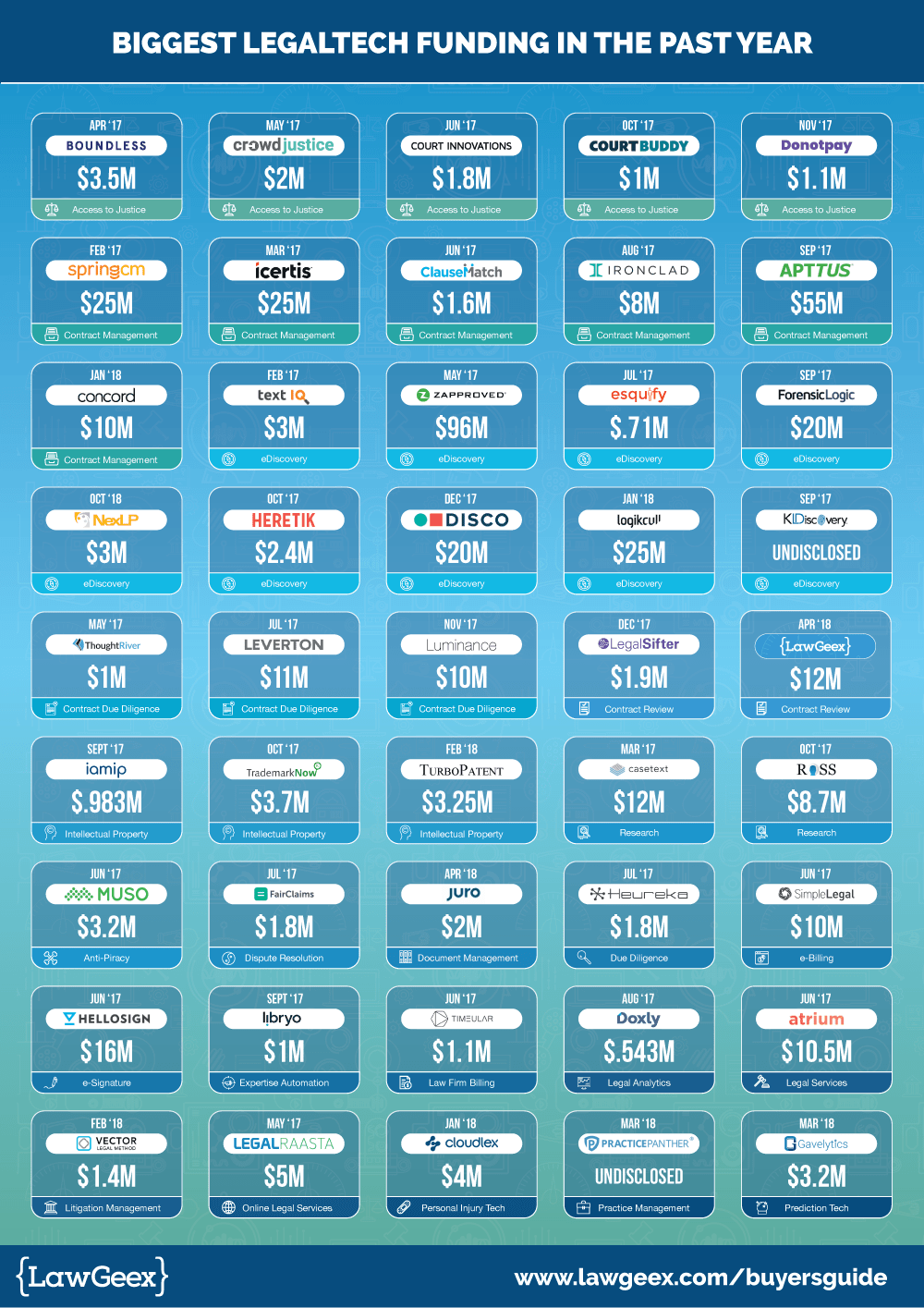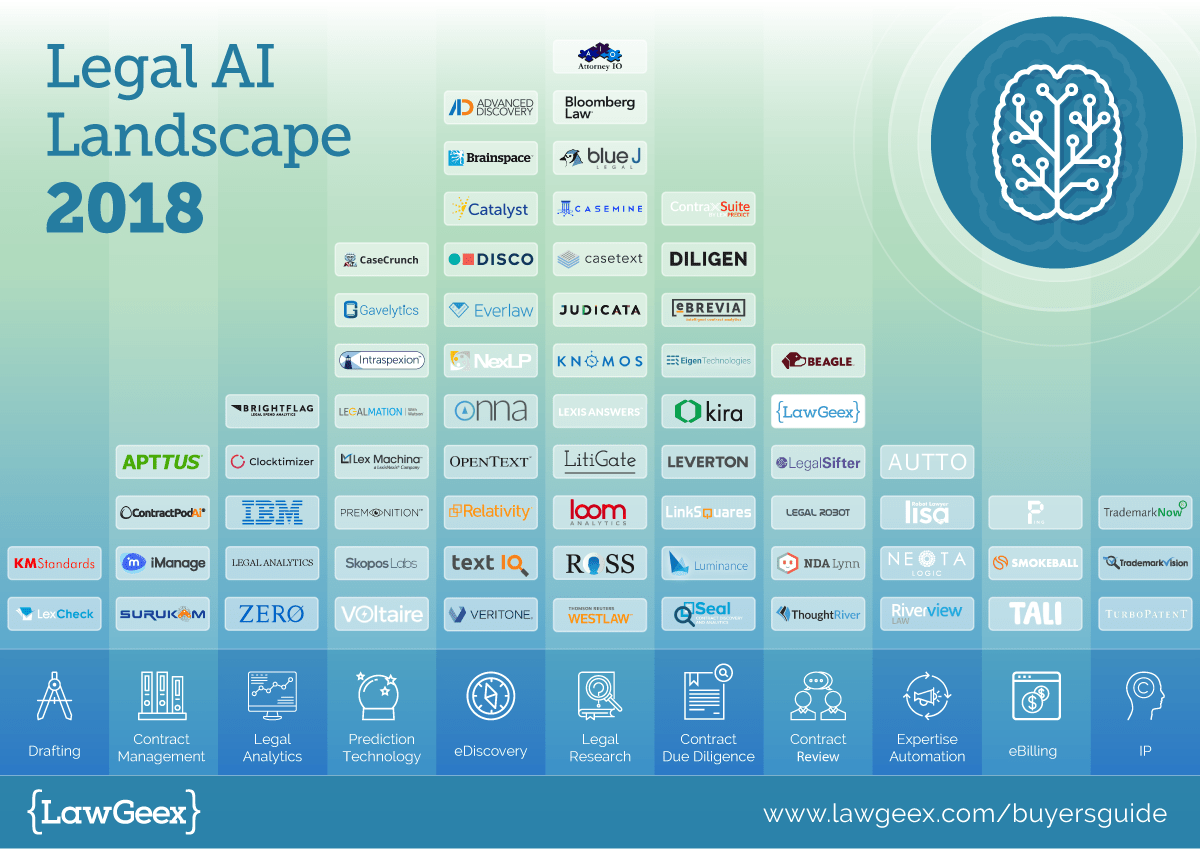Problem: Reading the law is complicated.
Solution: As I scrolled through LinkedIn today, I was pleased to a post from my friend, Rohan Pavuluri, the founder and CEO of Upsolve. Upsolve is “America's largest bankruptcy nonprofit. [They’ve] relieved $250M+ in debt for low-income families. Right now, they’re also exploring new ways to help low-income families facing financial hardship access their legal rights. They’re fighting for racial, economic, and social justice at scale.” The post was inspiring because it raised a simple issue and question: what would it take for the law to be as simple as possible to understand? This business would focus on simplifying the law by using algorithms that turn jargon into day-to-day speak.
The post is here and you can read the report that he referenced here.
On the topic of simplification, the report described the following:
Simplification should proceed on the assumption that most people pursuing matters in court are not lawyers and do not have lawyers representing them, and it should follow the Conference of Chief Justices’ recommendations for court organization. In addition, it should include the translation into plainer language of the way the law is described and enforced and a substantial revision of forms, procedures, and other barriers to entry to courts and other tribunals.62
Innovations in technology have already led to some needed simplification. For example, digital information kiosks and online dispute resolution have proven to be valuable tools for the provision of civil justice services. The former lets potential litigants access information more easily. The latter allows parties to resolve part or all of their disputes online, at a time and from a place that is comfortable for them. Dozens more innovations of this kind are in development or already in use, including advice portals, chatbots, and web-based legal resources stationed in public libraries, all designed with the needs and expectations of users in mind.63
Legal tech is a booming field and an important opportunity for entrepreneurs.
If you’ve ever tried to read a legal decision or legal document, you understand the problem that this technology would solve. What’s unique about this business is that it would use algorithms to simplify the law rather than advice portals, discussion boards, chatbots, legal resources, or other tools. What’s interesting is that this sort of “translation” already exists: there are “A to Z guides for Legal translation,” blogs on the “most common and confusing legalese,” and more.
Globally, the legal services market is worth more than $600 billion. While many companies are playing in this extremely large market, none has cornered this aspect which democratizes legal services. Below are a few images which describe the broader marketplace.
Monetization: Advertisements on the free translation service.
Contributed by: Michael Bervell (Billion Dollar Startup Ideas)



